Shinjuku is one of Tokyo’s 23 special wards, known for its high-energy atmosphere, iconic skyscrapers, and unmatched convenience. Whether you’re a tourist, a resident, or an investor, Shinjuku Ward offers a rare blend of business, culture, and lifestyle that sets it apart from other areas in Tokyo.
Where Is Shinjuku and Why It Matters
Located right in the centre of Tokyo, Shinjuku is surrounded by several major wards, including Shibuya, Nakano, Bunkyo, and Chiyoda. This central positioning makes it one of the most convenient and connected areas in the entire city. Shinjuku serves as both a dynamic business centre and a vibrant residential area, attracting a diverse range of people, including office workers, entrepreneurs, students, and long-term residents.
Its modern infrastructure, extensive train networks such as the JR Yamanote Line and Tokyo Metro, and proximity to commercial centres, parks, hospitals, and government buildings make daily life exceptionally convenient. Whether you’re commuting to work, running errands, or enjoying a night out, everything you need is easily within reach. Thanks to this perfect balance of work and lifestyle amenities, Shinjuku stands out as one of Tokyo’s most attractive and versatile districts for both locals and foreigners.
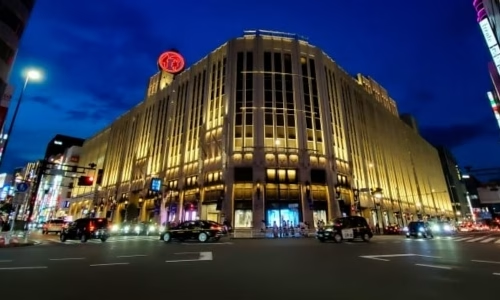
Shinjuku Station: A Transportation Powerhouse
Shinjuku Station is more than just a major transit point; it’s officially the busiest train station on the planet, serving more than 3.5 million travellers daily. It acts as a massive hub, linking a variety of rail lines such as JR East, Odakyu, Keio, Tokyo Metro, and Toei Subway lines. Thanks to this comprehensive network, travellers can effortlessly access virtually every part of Tokyo, as well as nearby prefectures like Kanagawa and Saitama.
Just outside the station, the area bursts with energy. Towering department stores, global hotel chains, cozy eateries, and entertainment venues create a vibrant, nonstop atmosphere. Whether you’re commuting, shopping, dining, or exploring, the neighbourhoods around Shinjuku Station offer an exciting blend of convenience and city life that’s hard to beat.
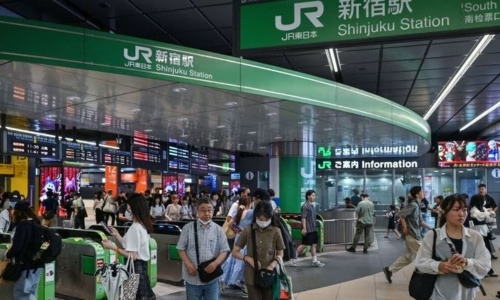
Living in Shinjuku: Where Modernity Meets Everyday Comfort
Shinjuku presents a wide variety of residential areas, catering to different preferences and lifestyles. In the western part of the ward, Nishi-Shinjuku stands out with its modern skyline, filled with high-rise apartment buildings and upscale condominium towers, ideal for professionals seeking urban living with city views. Meanwhile, neighbourhoods like Kagurazaka offer a more serene and traditional vibe, with narrow stone-paved lanes, old-style houses, and a touch of French influence due to nearby international schools and cafés.
For those seeking a vibrant and multicultural environment, Okubo, often dubbed “Tokyo’s Koreatown”, is a favourite among international residents. This lively neighbourhood is known for its affordability, diverse cuisine, and welcoming atmosphere.
Housing in Shinjuku ranges from compact 1K and studio apartments to larger family-friendly layouts like 2LDK and 3LDK units. While rent and purchase prices tend to be on the higher side compared to Tokyo’s outer suburbs, many residents find the trade-off worthwhile due to Shinjuku’s unbeatable access to transportation, shopping, schools, and entertainment. Whether you’re a young professional, expat, or family, Shinjuku offers housing choices that balance convenience with lifestyle needs.
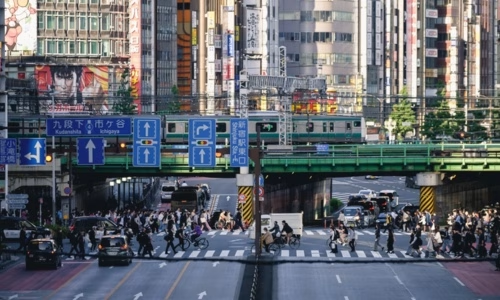
Lifestyle, Shopping, and Nightlife in Shinjuku
Shinjuku delivers a dynamic blend of modern convenience and vibrant city culture, making it one of Tokyo’s most exciting areas to live and explore. Shoppers are spoiled for choice, with flagship department stores like Isetan and Takashimaya offering luxury brands and designer goods. Fashion lovers can browse the latest trends at Lumine or NEWoMan, while tech enthusiasts will find everything from gadgets to home appliances at massive electronics retailers like Yodobashi Camera and Bic Camera.
As the sun sets, Shinjuku transforms into a nightlife hotspot. Kabukicho, Tokyo’s largest entertainment zone, is packed with late-night venues including bars, clubs, themed cafés, cinemas, and game centres. It’s energetic, bold, and never dull.
For a more relaxed evening, head to Golden Gai, a maze of tiny retro-style bars each with its own quirky theme and regulars, or explore Omoide Yokocho, where smoky alleyways are lined with traditional izakayas serving grilled skewers, ramen, and cold beer in a nostalgic setting. Whether you’re seeking upscale dining or casual bites, live music or hidden cocktail spots, Shinjuku offers something for every lifestyle and taste.
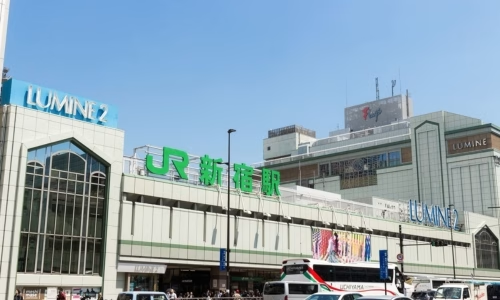
Urban Nature and Cultural Icons
Although Shinjuku is known for its towering skyscrapers and busy city life, it also offers a refreshing balance with its lush parks and cultural attractions. One of the most iconic green spaces is Shinjuku Gyoen National Garden, a sprawling oasis in the middle of the city. Featuring beautifully landscaped Japanese, English, and French-style gardens, it’s an ideal spot for picnics, cherry blossom viewing in spring, or simply a quiet stroll among nature.
Beyond greenery, Shinjuku also boasts a range of cultural landmarks that showcase Japan’s rich history and vibrant arts scene. The Samurai Museum provides an immersive look into the life and legacy of Japan’s legendary warriors, complete with authentic armor displays. Tokyo Opera City serves as a modern cultural hub, hosting performances from classical music to contemporary art exhibitions. Meanwhile, the Hanazono Shrine, quietly nestled in the heart of the district, offers a glimpse into traditional Shinto rituals and local festivals.
Whether you’re a history buff, art lover, or simply seeking a peaceful escape, Shinjuku combines natural beauty with deep cultural roots, offering far more than just the urban bustle.
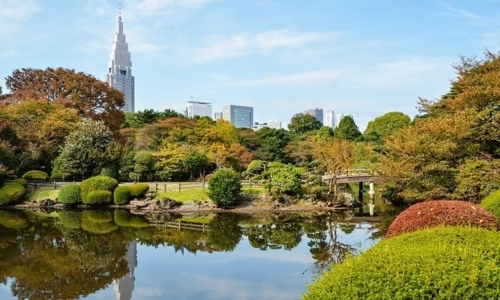
Multicultural Vibes and Expat Living
Shinjuku stands out as one of Tokyo’s most internationally diverse and welcoming neighbourhoods. The Okubo district, often referred to as Tokyo’s Koreatown, is a vibrant hub for multicultural living, where Korean, Chinese, Southeast Asian, and Western communities thrive side by side. This global atmosphere makes Shinjuku a natural choice for expatriates seeking both convenience and cultural familiarity.
Living in Shinjuku as a foreigner is made easier thanks to an abundance of multilingual services, including English-speaking medical clinics, real estate agencies specialising in expat housing, and international schools that cater to a range of educational needs. These resources ensure that day-to-day life, even for non-Japanese speakers, is manageable and stress-free.
For those new to Japan, language schools and cultural exchange centres throughout Shinjuku offer opportunities to learn Japanese and connect with locals, creating smoother transitions into life in Tokyo. Meanwhile, the area’s diverse dining scene, ranging from authentic Korean BBQ and Chinese hot pots to Italian bistros and Indian curry houses, reflects the international community that calls Shinjuku home.
With its global energy, support systems, and lively cultural mix, Shinjuku continues to be a top choice for expats building a life in Japan’s capital.
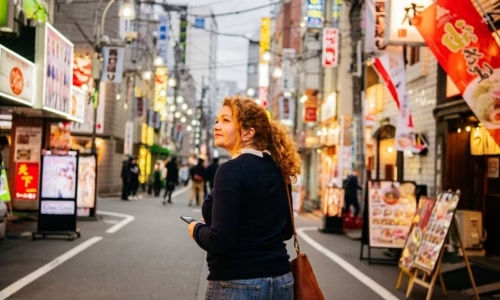
Job Market Overview and Economic Trends
Shinjuku is not only a vibrant residential and entertainment hub, but it’s also one of Tokyo’s most important business districts. The area is home to numerous corporate headquarters, financial institutions, and the iconic Tokyo Metropolitan Government Building, a landmark that symbolises the ward’s economic and administrative influence. Its free observation decks provide sweeping views of the Tokyo skyline, but inside, it houses critical functions of the city’s governance and urban planning.
A wide variety of employment opportunities are available in Shinjuku. The ward is a magnet for professionals in industries such as information technology, finance, education, hospitality, and retail. With its constant foot traffic and commercial activity, service and customer-facing roles are always in demand, making it an attractive location for both experienced workers and newcomers to the job market.
For digital nomads, freelancers, and startups, Shinjuku’s rapidly expanding network of coworking spaces offers flexible work environments with excellent connectivity and amenities. These modern spaces are ideal for networking, collaborating, or simply working in a dynamic and inspiring setting close to everything the city has to offer.
Whether you’re seeking traditional corporate roles, launching your own venture, or exploring part-time opportunities, Shinjuku’s central location, business infrastructure, and diverse economy make it one of the best places in Tokyo to grow your career.
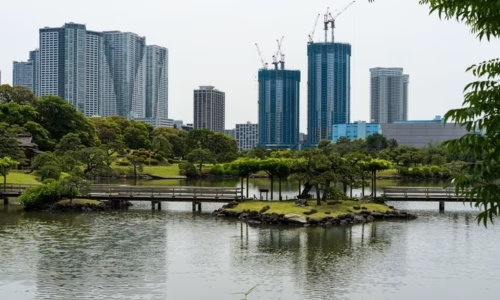
Trends in Housing Demand and Long-Term Value
Shinjuku stands out as one of Tokyo’s most dynamic real estate markets, offering a mix of residential, commercial, and investment properties. Its central location, exceptional transportation access, and vibrant lifestyle continue to drive strong demand from both residents and international buyers.
Areas like Nishi-Shinjuku, known for high-rise developments and office towers, and the scenic neighbourhoods near Shinjuku Gyoen National Garden, are particularly attractive. Properties in these zones tend to maintain or appreciate due to proximity to train stations, shopping hubs, and green spaces, key features that appeal to both tenants and homeowners.
The rental market in Shinjuku remains robust, fueled by a consistent stream of professionals, students, expatriates, and tourists. Apartments ranging from compact studios to spacious 2LDK and 3LDK units offer strong rental yields, especially those located near major transport lines or universities.
For investors, Shinjuku presents long-term potential. As Tokyo continues to modernise its infrastructure and attract global talent, Shinjuku’s mix of culture, convenience, and commercial energy ensures it will remain a prime destination for real estate investment well into the future.
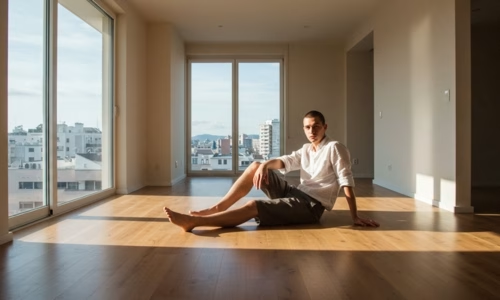
Finding an Apartment in Shinjuku as a Foreigner
For non-Japanese residents, navigating the rental process in Shinjuku can initially feel overwhelming. However, the good news is that many real estate agencies in the area now offer multilingual support and services specifically tailored to international clients.
To rent an apartment, you’ll typically need to provide a valid visa, proof of income or employment, and an emergency contact or guarantor (a person or service who can vouch for you financially). Some agencies also offer guarantor company services, which is a helpful option for foreigners without local contacts.
Neighbourhoods like Okubo and Takadanobaba are especially popular with international residents. These areas offer a wide range of foreigner-friendly apartments, including furnished units, monthly rentals, and long-term lease options.
To make the process smoother, it’s best to partner with a rental agency experienced in working with expats. They can help with contract translation, paperwork, and even utility setup, ensuring a stress-free transition into your new Tokyo home.
Shinjuku Tokyo rental guide for foreigners
Is Shinjuku Right for You? Pros and Cons to Consider
Choosing where to live in Tokyo depends on your lifestyle, work, and personal preferences. Shinjuku offers a dynamic urban experience, but it’s not for everyone. Here’s a balanced look at the advantages and challenges of living in this iconic Tokyo ward.
Advantages:
- Exceptional Transportation Access: With Shinjuku Station being one of the busiest in the world, you’ll have quick access to nearly every part of Tokyo and beyond.
- Endless Shopping, Dining, and Entertainment: From luxury department stores to late-night ramen shops and vibrant nightlife, Shinjuku caters to every taste and interest.
- Diverse International Community: Areas like Okubo host multicultural neighbourhoods, making it easier for expats to feel at home.
- Central Location: Living in Shinjuku means you’re minutes away from major business districts like Shibuya, Roppongi, and Marunouchi.
Challenges:
- Higher Living Costs: Rents and everyday expenses tend to be higher compared to Tokyo’s outer wards and suburbs.
- Crowded Public Areas: Shinjuku Station and surrounding streets are almost always busy, especially during rush hours and weekends.
- Compact Living Spaces: Apartments in central Shinjuku are often smaller, particularly if you’re on a budget.
Shinjuku is ideal for professionals, students, and anyone seeking an urban lifestyle with nonstop convenience.
Conclusion
Shinjuku Ward is more than just a busy commercial zone; it’s a complete ecosystem of work, life, and leisure. With modern infrastructure, international appeal, and an unbeatable location, Shinjuku remains one of Tokyo’s most desirable areas to live, visit, and invest in.
Whether you’re moving to Japan, planning to buy property, or just exploring Tokyo’s dynamic landscape, Shinjuku offers something for everyone.

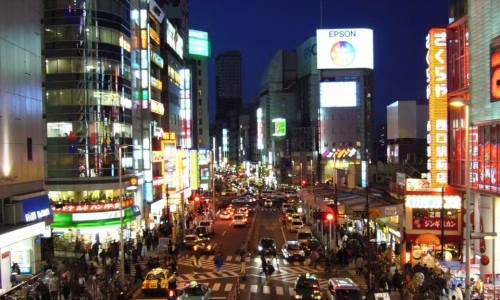

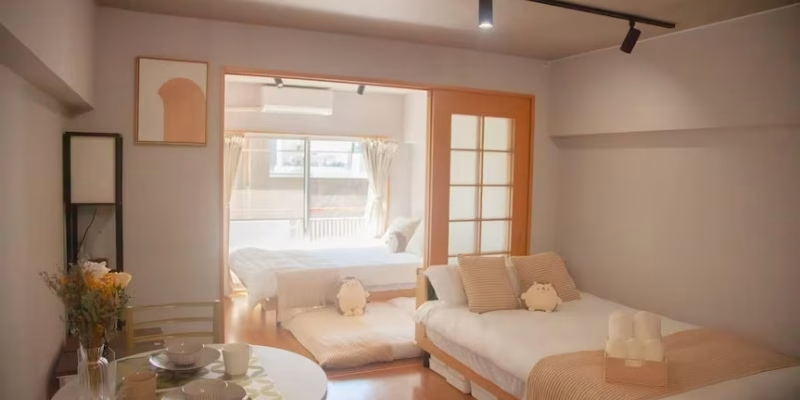

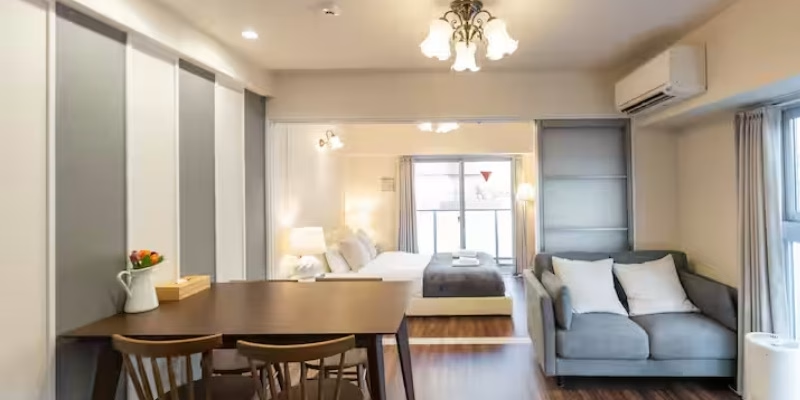
Leave a Reply